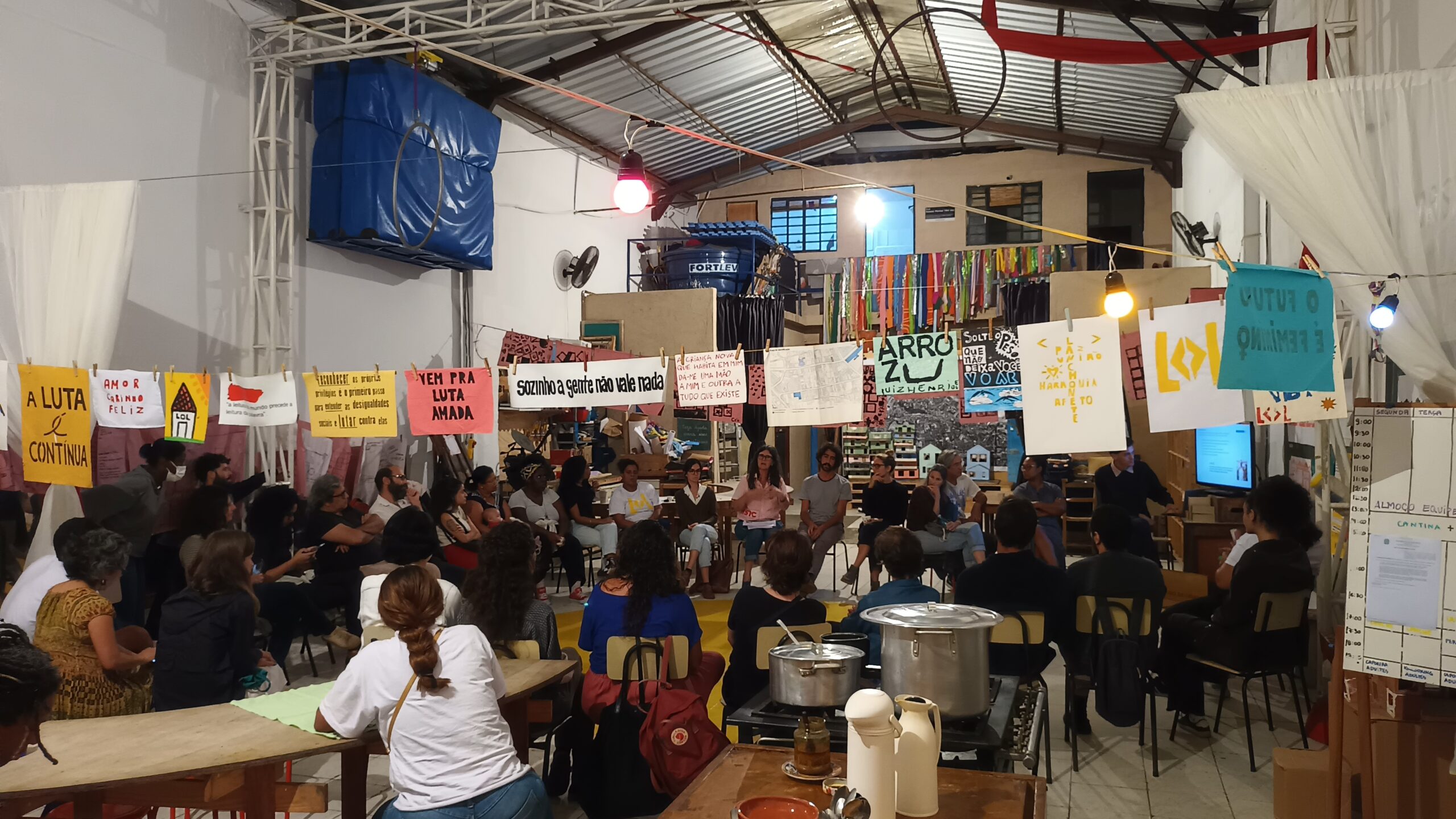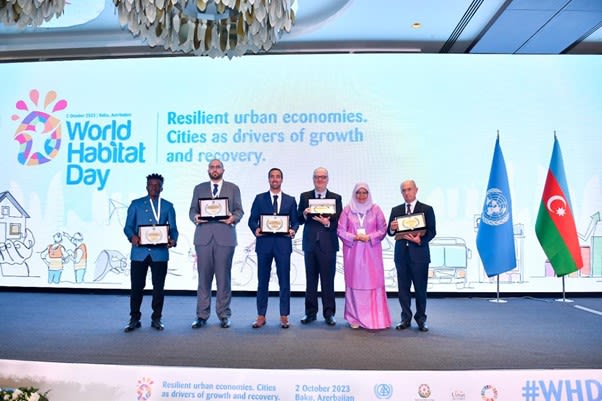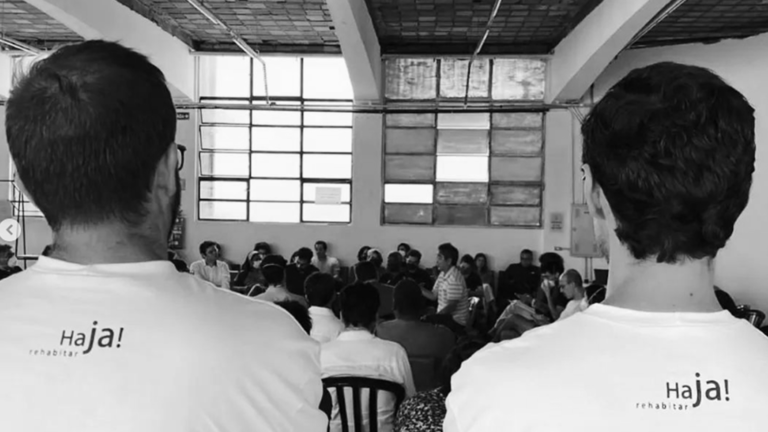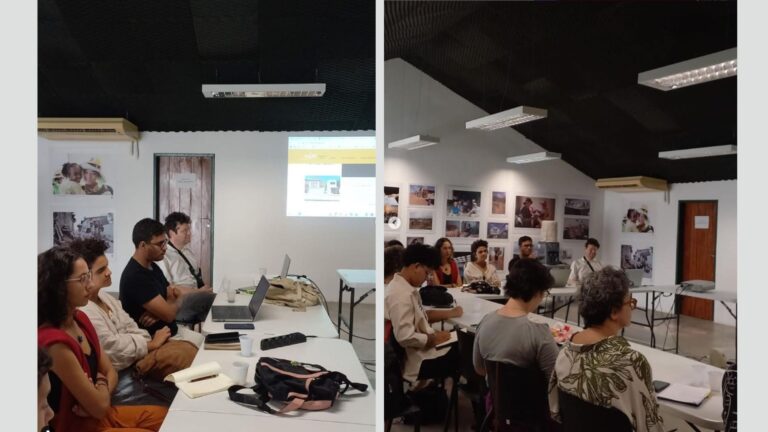In September we were in Rio de Janeiro for the event "CONVERSAÇÕES: Brechas Tecnológicas" (Conversations: Technological Gaps), held in partnership between FICA and Lanchonete Lanchonete. Lanchonete Lanchonete is an organization that develops actions on housing, health, food, income generation and education in the territory of Gamboa, also known as Little Africa, for mothers living in informal occupations in the area.
Today, the space plays an important role in the local community - it serves as a space for extracurricular activities and support for children in the neighborhood, offering a welcoming environment for their mothers; it also offers psychosocial support services and income-generating opportunities.
Located in a rented shed, the Lanchonete offers a range of facilities, including a fully equipped collective kitchen, a meeting area with tables and resources for artistic activities and circus performances. It also maintains a community garden and provides full toilets to meet the needs of community members.
During the two days we spent there, we were given a guided tour of the Lanchonete in the area where it operates, took part in a workshop on a project to renovate a tenement for a possible partnership between the Lanchonete and the owner, and also held a round table discussion with invited guests. At these events, the main thing we learned was how to strengthen a community, how to build and preserve, and how to act in a participatory way with those we want to benefit.
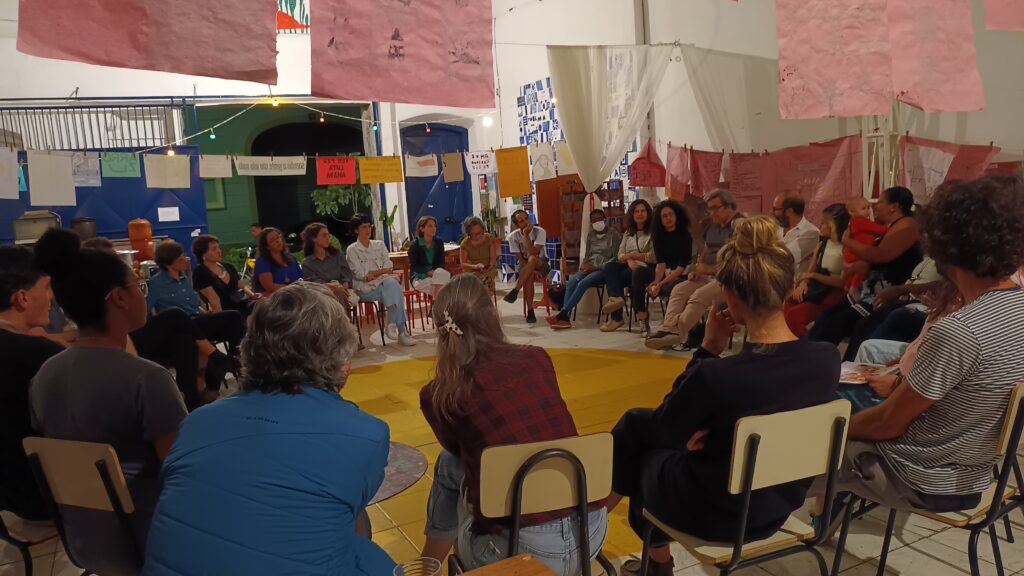
Little Africa
The Gamboa area in Rio de Janeiro is known as "Little Africa" because of its history as an important center of Afro-Brazilian and Afro-Carioca culture. The name is a reference to the large concentration of Africans and Afro-descendants who lived in the area and the rich cultural heritage they brought with them.
During the period of slavery in Brazil, Gamboa was a place where many enslaved Africans landed and were traded. Over time, as slavery was abolished and the Afro-descendant population grew, Gamboa became a center of African and Afro-Brazilian culture.
In this neighborhood, cultural traditions such as music, dance, religion and cuisine of African origin flourished, profoundly influencing Carioca and Brazilian culture in general. Today, the area is recognized for its cultural and historical heritage linked to the African diaspora in Brazil.

